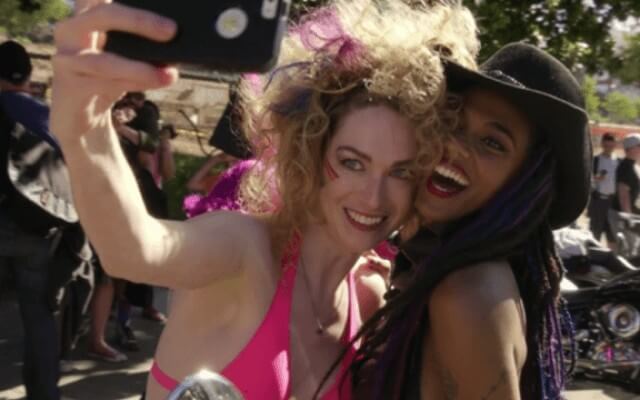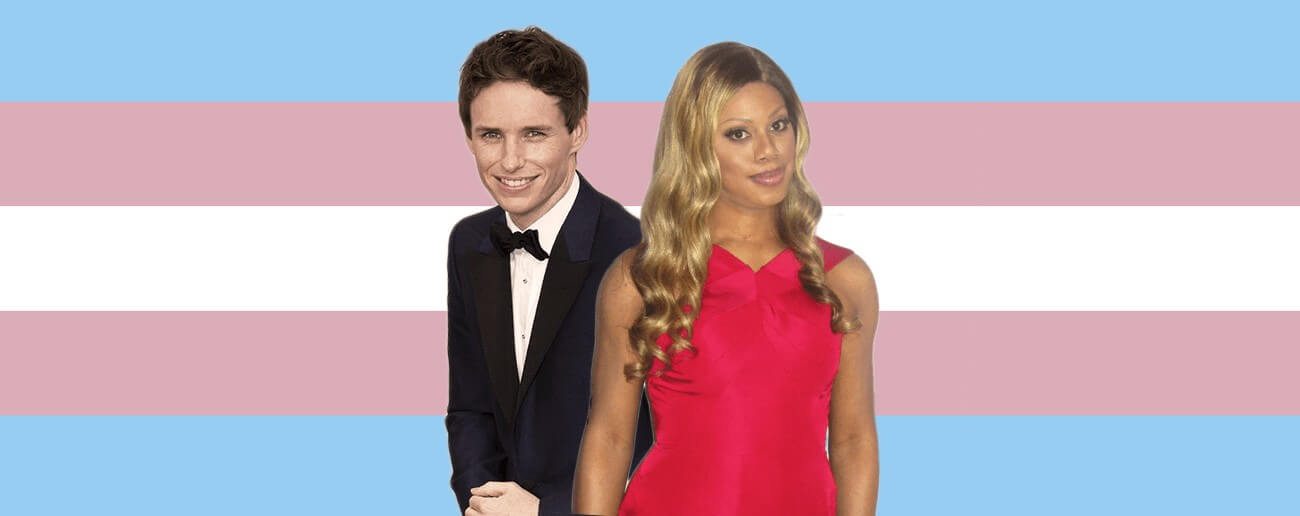TV’s take on trans tales
2016, it seems, has so far been a year in which many beloved actors have come down with a bad case of foot-in-mouth disease.
Whether it’s Charlotte Rampling offering her much-desired take on racism against white people, or Stephen Fry leaving Twitter after his BAFTA “bag lady” comment took some internet flack, the award ceremonies in particular seem to be leaving actors open to criticism.
Film’s failures
The most recent of these gaffs comes from Eddie Redmayne, who was reported by the BBC News Ents Team Twitter account as saying: “It’s extraordinary how trans issues have come into the mainstream media since we made Danish Girl”; a film in which Redmayne, a cis man, plays a trans woman.

Image: Sky
The response to this comment has, of course, been a collective weary sigh of, “Thanks for spectacularly missing the point, Eddie.”
While trans issues have seen more pop culture interest in recent years, it is significantly more likely to be down to the compelling work of trans actors, activists, and writers working in the field, as well as the high-profile status of figures including Laverne Cox and Caitlyn Jenner.
But while Redmayne certainly falls short in his awareness, his point about “mainstream media” perhaps deserves some consideration.
Film – especially award-winning film – remains wary of narratives about trans people, even if it pretends not to be. Many were angry that Tangerine, which prominently features trans sex workers, was not considered for accolade, while recent OSCAR nominees who have played trans characters – including Redmayne and Dallas Buyers Club’s Jared Leto – have been played by cis actors.
TV’s triumphs
In this respect, the most groundbreaking “mainstream media” coverage of these narratives has been in transgender representation on tv.

Jamie Clayton (left) as Nomi. Image: Televisione / Flickr
Over the last few years we’ve seen hugely prolific turns from trans actors being cast as trans characters, from (most famously) Cox’s Sophia in Orange is the New Black, as well as Jamie Clayton’s Nomi in Sense8.
Closer to home, the BBC has been similarly attempting to broaden its programming scope. Bethany Black put in a well-received performance as Helen in Channel 4’s Cucumber and Banana series, and also featured as the first trans actress to be given a role in Doctor Who earlier this year.
Although critically panned, Boy Meets Girl gave a starring role to Rebecca Root (who, incidentally, was passed up for Redmayne’s Danish Girl role), in a sweet show that was less about Judy being trans than it was about the typical dysfunctional families that sitcoms are known for.
Maybe this has something to do with form. Films, by nature, require a ‘crisis point’ – a coming out or a transition – to build around; in TV, stories about life, identity and personhood can unfold more naturally, in a way that does not treat trans characters as curiosities.
In any case, at this point in media history, transgender representation on TV seems by far to be the more revolutionary in its treatment of trans characters.

Comments